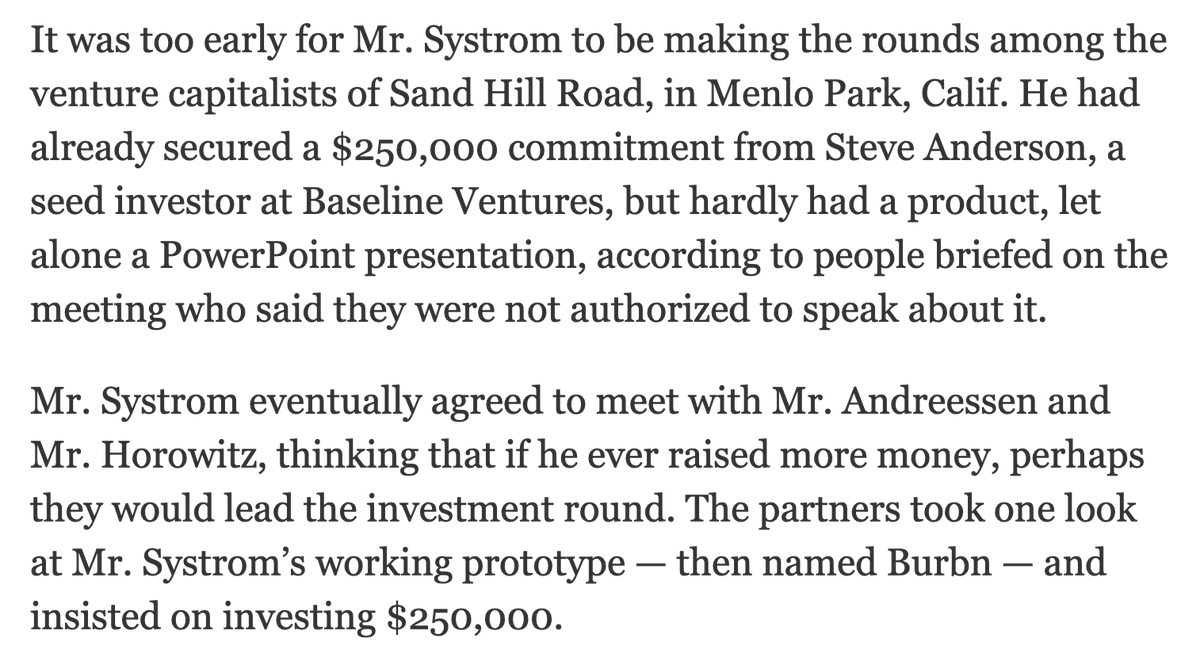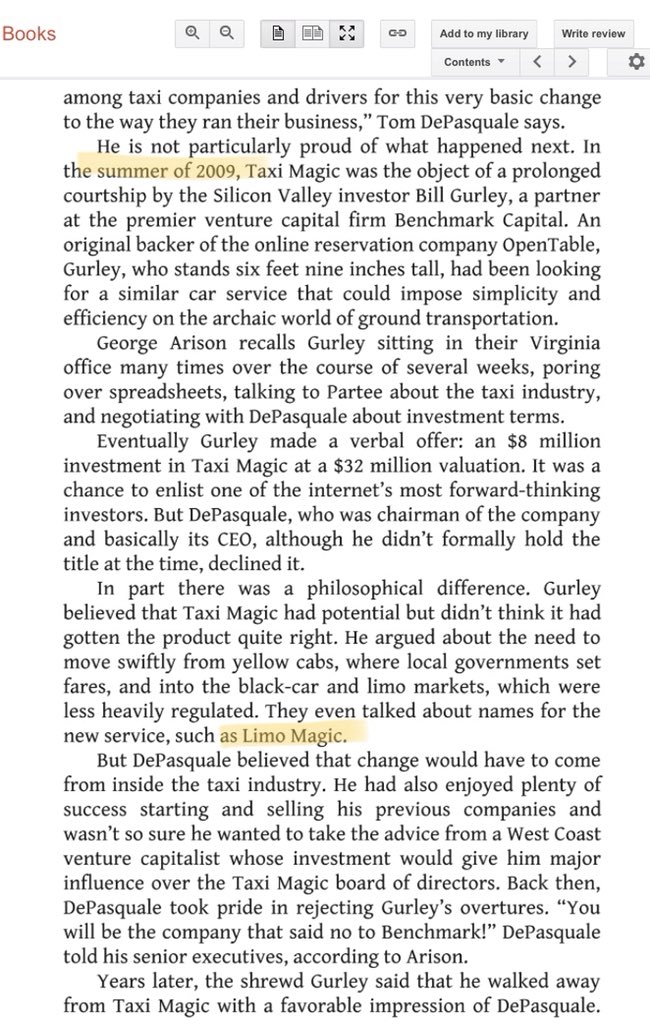
How to get URL link on X (Twitter) App


 "What is EigenLayer and what are it's top 5 use cases per it's founder ?"
"What is EigenLayer and what are it's top 5 use cases per it's founder ?"



https://twitter.com/cdixon/status/965268012621217792


 👋 Before we get started, a quick bio:
👋 Before we get started, a quick bio:https://twitter.com/varun_mathur/status/1373308489842458625
https://twitter.com/varun_mathur/status/1373363269138780162

 A startup is an extremely long job interview until the point stock has vested, is worth something and gives a financial return.
A startup is an extremely long job interview until the point stock has vested, is worth something and gives a financial return. 
https://twitter.com/fafcffacfff/status/982620972



 Google originated as "BackRub" in Stanford and in the fall of '96 was generating buzz in the academic research community.
Google originated as "BackRub" in Stanford and in the fall of '96 was generating buzz in the academic research community. 
 Jack, who had dropped out of NYU and was living in a tough neighborhood in Oakland (SF Bay Area), came up with the core idea in 2000. He was a frequent user of LiveJournal, observed people using it to share their "status", and thought what if that existed as a standalone service.
Jack, who had dropped out of NYU and was living in a tough neighborhood in Oakland (SF Bay Area), came up with the core idea in 2000. He was a frequent user of LiveJournal, observed people using it to share their "status", and thought what if that existed as a standalone service.





 The number of monthly paying subscribers to either Spotify or Netflix (~100MM) is higher than the total number of Internet users since the dot com boom 20 yrs ago!
The number of monthly paying subscribers to either Spotify or Netflix (~100MM) is higher than the total number of Internet users since the dot com boom 20 yrs ago!

 Summarized my key thoughts from this thread in this link along with the book recommendations and other references: medium.com/@startuphacker…
Summarized my key thoughts from this thread in this link along with the book recommendations and other references: medium.com/@startuphacker…